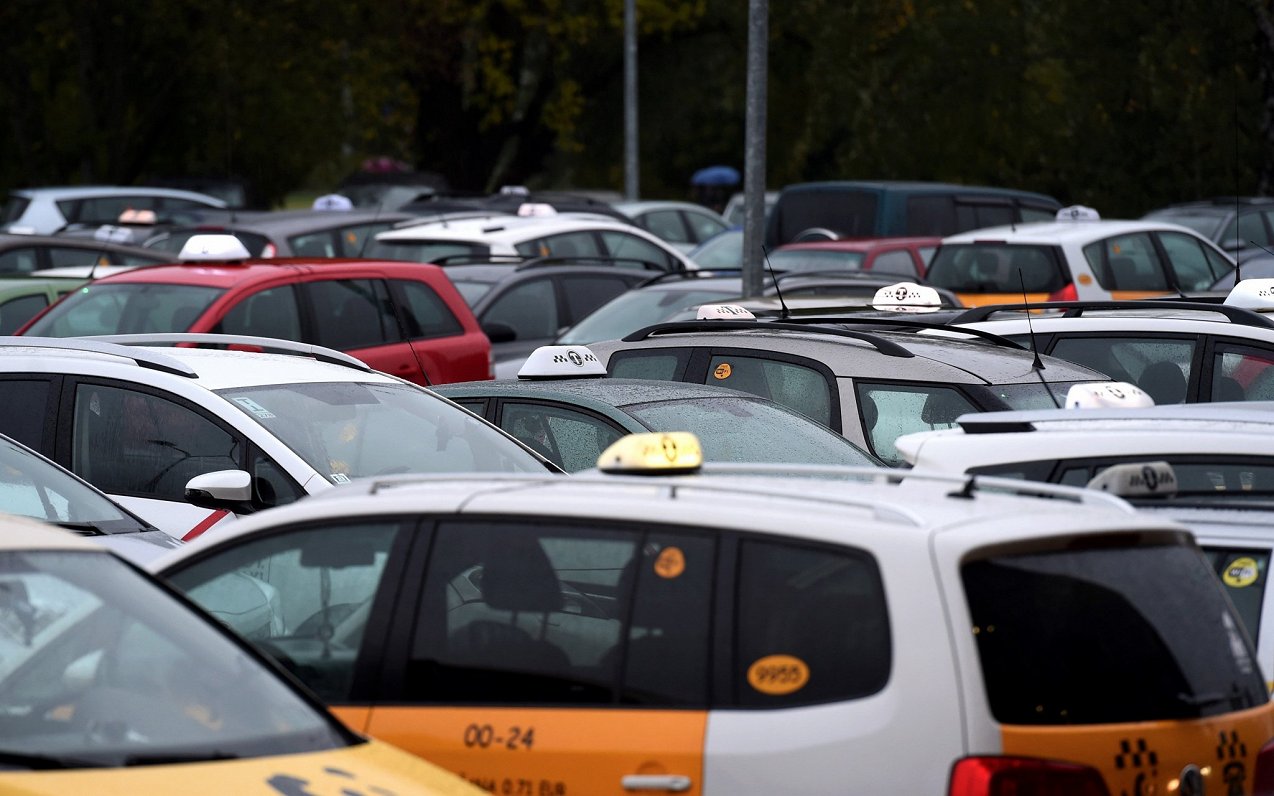With the pandemic, movement of people has decreased significantly. Stock company Rīgas Taksometru parks has been offering taxi transport since 1948, but during Covid-19, the service has nearly stopped, said the Chairman of the Board of the company, Kaspars Muižnieks.
"People have learned to work from home. They don't have to go anywhere.
"We were the biggest company who serviced corporate clients - hotels, banks, legal businesses. We had many corporate clients, around 600," said Muižnieks.
In the taxi sector, he explained, tax policy was in disorder and does not promote fair business. There is also unequal competition with platform commercial carriers. It is particularly felt during this pandemic.
There were around 300 drivers in the company in 2018, but there are only 40 currently. Some of the employees who do not work receive a downtime benefit, and the company has used an extension of the tax deadlines. Accordingly, employees were able to get salaries in good time. But the situation is still difficult.
The company is selling a portion of its car park. It was planned to change the course of action by offering delivery services, but competition in this sector is currently high.
“It's actually a complete extinction for which I don't see any kind of a nice solution,” Muižnieks said.
The company Bolt taxi services have also declined significantly. Before Christmas, it seemed to the company that the number of rides was increasing in the light of holiday shopping, but with holiday curfew, the situation had changed dramatically. The regional head of Bolt, Karlis Ķezberis, said that prices remain stable at the moment, although activity has declined.
"Our partners are more inclined to pause in passenger transport at the moment and to generate income in other ways, for example by connecting more to food delivery or shipping.
Meanwhile, the Road Transport Directorate has significantly increased the number of licenses issued, although transport services have decreased.
"The involvement of companies in the provision of services has increased by 65% and the number of drivers registered in the driver register has also increased by 19%. We would explain this by the fact that last yearthere was increased control and supervision over service providers, including over platforms,” said Road Transport Directorate representative Kristiāns Godiņš.
This year, it is planned to improve both the different rates of taxation and the competition between carriers. However, the changes are expected not earlier than next year.






























